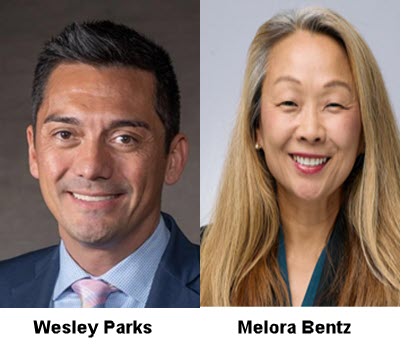Abstract
Excerpted From: Wesley Parks and Melora Bentz, The De-biasing Effect of Equity, Diversity, and Inclusivity Mediator Training, 53-OCT Colorado Lawyer 28 (September/October, 2024) (68 Footnotes) (Full Document)
 This article explains how incorporating equity, diversity, and inclusivity instruction in mediator training increases the likelihood of successful mediated outcomes by reducing bias, improving the mediator's ability to use perspective-taking interventions, and fostering trust in the mediation process.
This article explains how incorporating equity, diversity, and inclusivity instruction in mediator training increases the likelihood of successful mediated outcomes by reducing bias, improving the mediator's ability to use perspective-taking interventions, and fostering trust in the mediation process.
Mediators have an ethical obligation to be culturally competent and unbiased. Training mediators in equity, diversity, and inclusivity (EDI) assists in ensuring a mediation process that is less prone to the influence of bias. This article provides an overview of empirical studies that show the de-biasing effect of mediation training and discusses how common perspective-taking interventions in mediation require literacy in EDI to be effective. It also explores how developing EDI literacy among mediators can expand mediation's de-biasing effect and improve consumer perceptions of mediation as a legitimate dispute resolution process.
Mediation Training Can Reduce Errors and Biases
Many skills needed for effective mediation, including the use of role reversal, perspective taking, and empathy development, help reduce bias by encouraging recognition and understanding of the parties' underlying needs and interests. Mediators are trained to analyze a dispute from multiple angles and help parties see each other's perspectives. Effective mediators must be able to recognize the parties' backgrounds, circumstances, obstacles, and emotions, many of which have an EDI component. EDI training raises awareness about biases based on age, race, gender, ethnicity, ability, sexual orientation, and other factors that make us all unique. EDI training can also help mediators further reduce their own biases and better facilitate mutual understanding and respect among the parties.
[. . .]
EDI training makes better mediators and improves the mediation process for all participants. Applying EDI principles to the mediation process increases cultural awareness, improves the mediator's ability to recognize implicit biases, and helps the mediator foster empathy among the parties. These factors promote effective perspective-taking techniques and increase party perceptions of self-determination and process fairness, thereby promoting mediation as a legitimate venue to pursue justice. Mediators routinely mediate conflict rife with discrimination, harassment, or other equity-related issues. By employing empathy along with EDI education, mediators are better equipped to ensure that agreements reached in mediation do not perpetuate existing inequalities. Education in EDI enhances a mediator's ability to remain neutral. The de-biasing effects of EDI training, mediation training, and the effective use of empathy allow mediators to be sensitive to issues related to bias, power, and identity. Ultimately, this will lead to more effective and equitable outcomes and a profession that is viewed as legitimate and valued by its consumers.
Wesley Parks is an assistant attorney general at the Colorado Department of Law in the Revenue and Regulatory Law Section, where he represents professional boards and programs.
Melora Bentz is a mediator, human relations consultant, and restorative justice facilitator. She is the owner of Middle Path Mediation, LLC, where she leads parties in conflict toward resolution.


